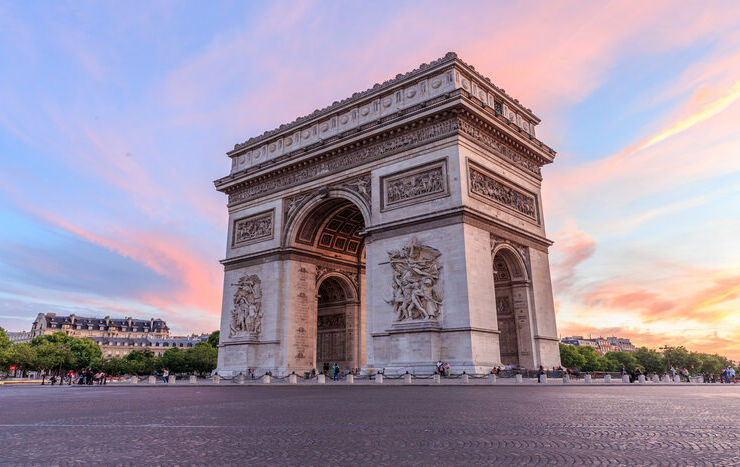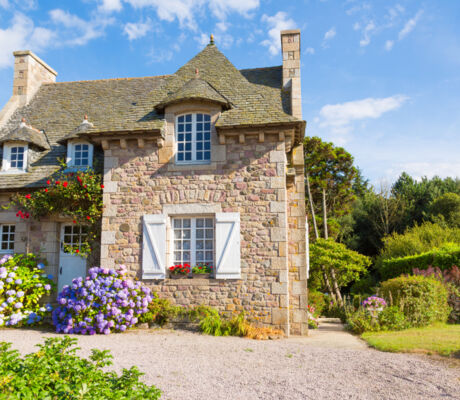The main challenge for anyone wanting to buy property in France is access to the market and finding the right property. Because selling agents typically charge between 5-6% of a property’s purchase price, many owners decide to bypass them and sell their property themselves. Sellers do this either by utilising their own network or by using advertising channels available to them. As a result, there is a sizable off-market real estate sector in France, which works in parallel to properties listed with agents and is only accessible via a specific network of contacts.
Before embarking on a property search, the first stage of any acquisition is to secure any required lending and explore the ownership setup as well as other considerations like tax implications and estate planning.
The next challenge is to find your dream property! Always remember that selling agents are retained and mandated by the seller. Their role is to represent their client’s interests. Make sure your interests are represented too with a buying agent by your side, who will advise you, has unlimited market access and a negotiating track record to source and secure your property at the best terms.
“After a record-breaking year in 2019 with more than 1 million transactions, the French market remained very resilient in 2020. Mainly driven by domestic demand, we experienced a similar trend as in many countries, with buyers looking for outdoor/office space and moving to the suburbs of large cities, countryside or coastal areas.” Sebastien Niccolleau
A notary oversees property purchases in France. Notaries are impartial and represent neither party, but because it is the seller who appoints a notary, buyers are advised to appoint their own too. There is no additional cost for this as the set notary fees will be split between them. From a financial perspective, plan for 8% acquisition tax for a resale and 2-3% for a new build.
Vendors are legally obliged to have a property diagnostics report (DDT) carried out on the property before selling, including checks for lead, asbestos, termites, electrical and gas systems and so on. Structural surveys are not usually undertaken in France, but appointing a chartered surveyor or architect is recommended in certain sales (generally for older or historic buildings) to ensure all aspects are adequately appraised.
Buying a property in France is a relatively straightforward process and also offers buyers a lot of protection. That said, there are many pitfalls to avoid. The role of a buying agent is to eliminate those challenges, source the best properties, use their expertise to negotiate the deal and protect your interests as a buyer throughout.
Thanks to Sebastien Nicolleau, founder of Galleon Property Search, for the guest article.
For more information, download the ''How to Buy and Finance Luxury Property in France'' guide.



